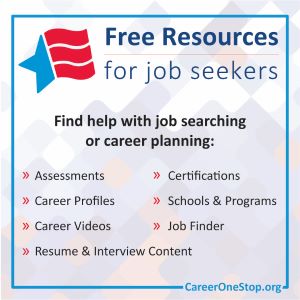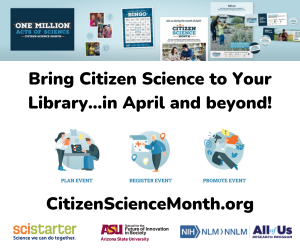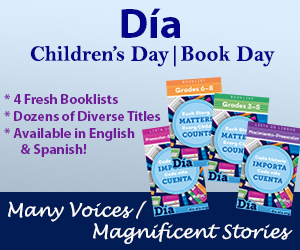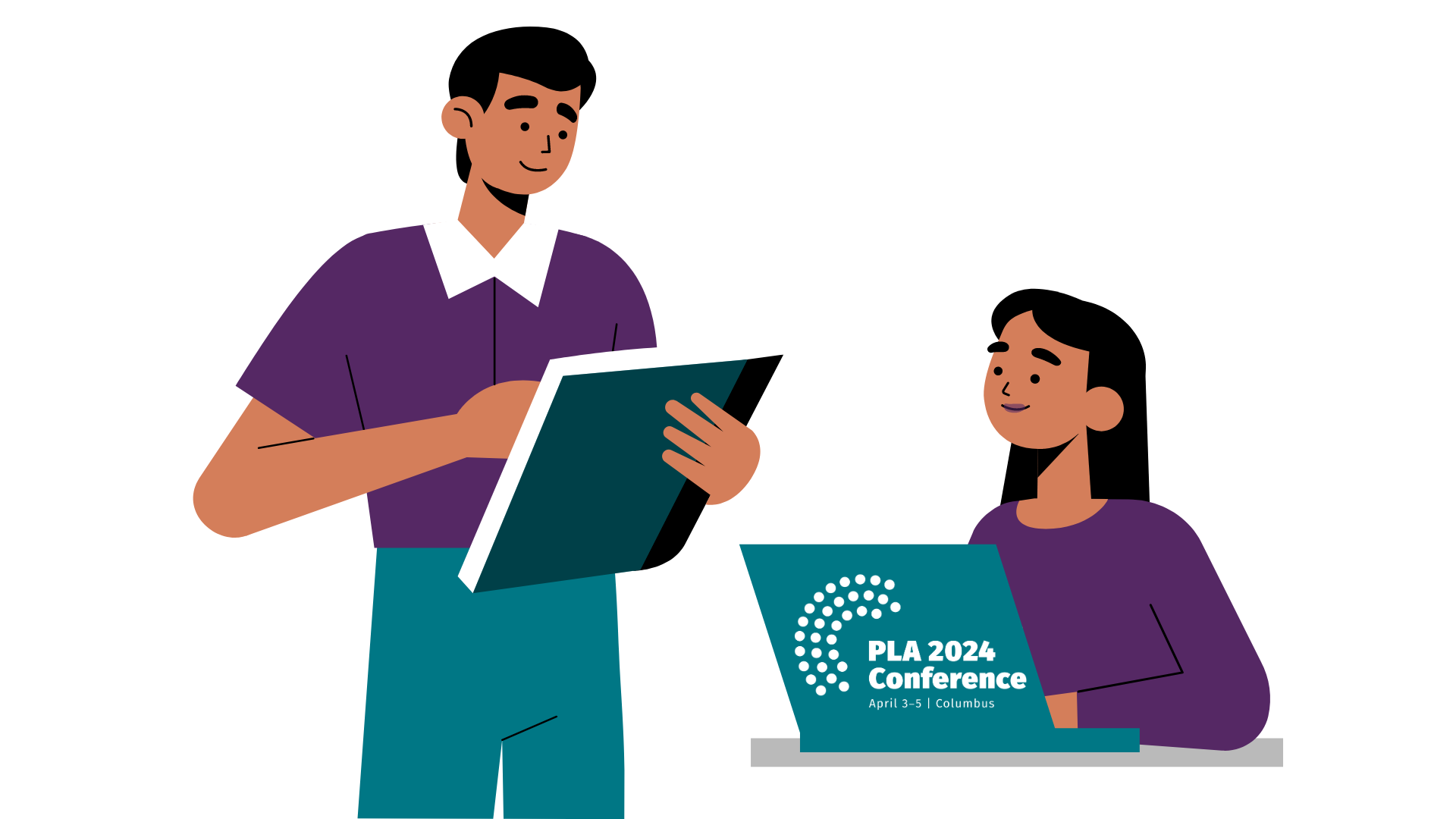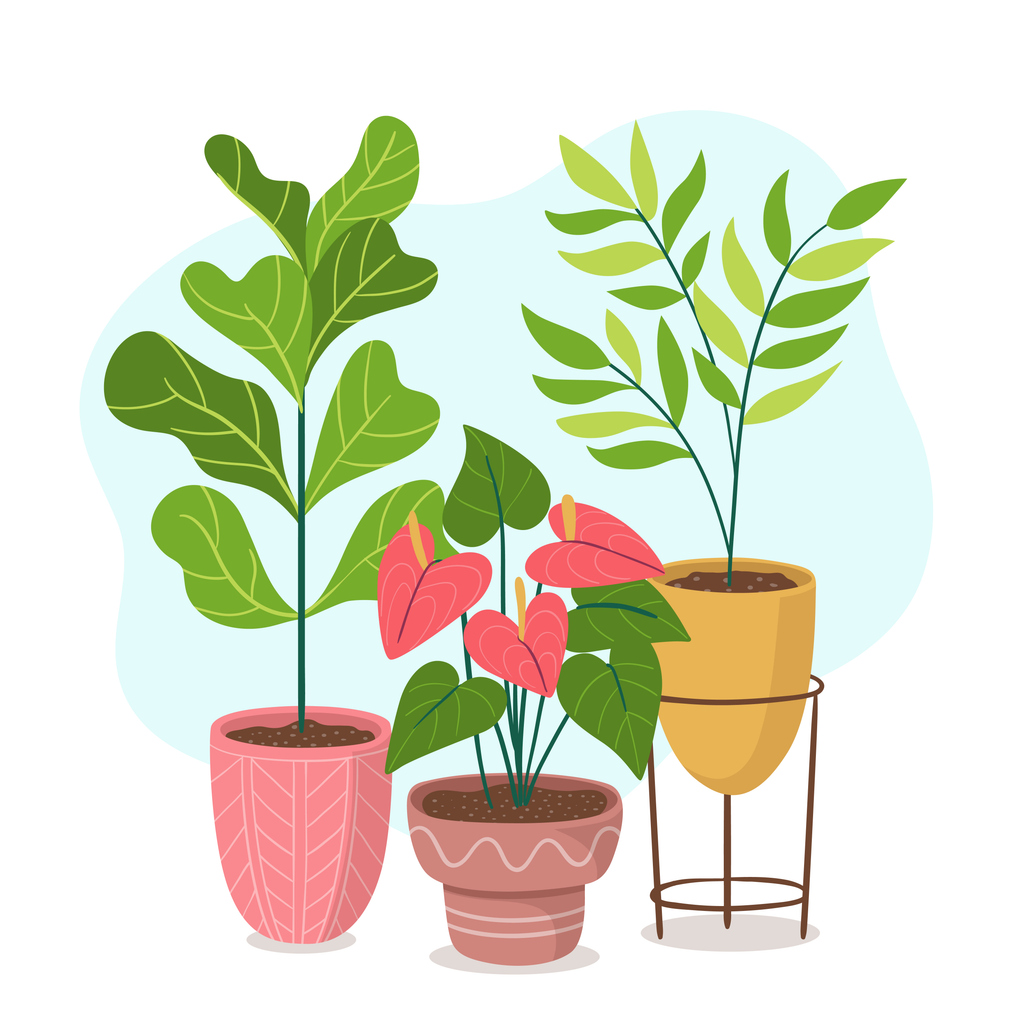Our Last Column, Part 2: Aloha and Greatest Hits, Or How to Stretch Beyond Print
Michael: It’s fitting that our last column is also a first for us—part two of a two-part series!
David: Yep. We roll like that.
Michael: Speaking of rolling, let’s roll . . . and get on with it!
David: Right-o, my man! Last time, we were looking through some of our past columns, seeing how accurate some of our thoughts were.
Michael: We were surprisingly accurate for two dorks who like to write lines of dialogue in a library technology column!
David: And that’s exactly what we’ll talk about in our last PL column!
Michael: Huh? Being dorks? Dude, I so don’t need to talk about that!
David: No, silly. Dialogue! Well, that, and other stuff we like to do in columns, some of our favorite techniques we’ve used in this column over five years. We’re certainly not innovative in the writing world by any stretch of the imagination, but we have found ways to use technology to include other voices within the confines of a printbased column.
Sharing “In the Moment”
We love to share our reactions and experiences with tools as we’re using them. For example, Michael had a column on battery use end rather abruptly while writing on a plane. Here’s what he wrote: “Fortunately the battery on this laptop has lasted long enough to finish writing this col . . .”1
Believe it or not, that actually happened. It was also a great example on the reality of our dependence on battery-powered devices to do our library work. It also drove home the point that while batteries aren’t the thing we think of most when it comes to the Internet, they are just as important as the components or applications we love most.
Asking for Opinions
Michael: Sometimes, while writing our columns, we wanted to include other people’s opinions before publication. To do that, we often relied on our Libraryland friends, and on social-media tools.
David: So we contacted our friends through e-mail, Facebook, or Twitter and asked them some questions.
Michael: They’d respond, and we would include those replies in our columns. Here’s one example of that. In our column, “Marketing and the Web,”2 Erik Boesteijn and Sarah Houghton-Jan shared their expertise with us. Boesteijn, who works in the science and innovation department at DOK Library Concept Center in the Netherlands, shared these suggestions:
- Go to the right person with the best marketing skills in your library unless you are that person. Do not fight every battle yourself but seek the right powers for the right jobs.
- Use the existing communication channels such as Twitter and Facebook.
- Make a fun viral video. Remember humor is at all times and at all jobs essential.
- Use our special new evolving DOK newsletter, which customizes to each customer based on the clicks they choose.
And Houghton-Jan shared this: “Reach out to contacts via Facebook, Twitter, and e-mail, letting them know about the new service (super briefly and without any annoying FOR IMMEDIATE RELEASE formality).” Also, “direct message on Twitter and Facebook key stakeholders we have contact with (city council members, local teachers, parent groups).”
David: Definitely great advice from both of them, and also a cool way for us to use social-media tools, even before the article was published!
Michael: This column also included another technique we’ve loved using. In addition to asking for input via our blogs, Twitter accounts, Facebook pages, and live presentations, we periodically have asked readers of this column to send in topics and specific lists of Web tools they use or find useful. One particular column included a list a reader had sent us in reference to just such a request in the September/October 2010 issue.
There we had included a lengthy list of tools we compiled from reader input. Brian Auger, director of Somerset County (N.J.) Library System, wanted to add to the list, so we added it to our column. He pointed readers to these useful resources:
- Google storage. Five dollars gets you 20GB a year to store your Picasa Web pictures in full resolution.
- Dropbox. Even the free account gives you 2GB. Use it like a thumb drive you never lose or run through the washer. All my documents are available to me wherever I travel no matter which computer I’m using.
- Zotero. Free tool that helps you collect, organize, cite, and share your research.
- Evernote. Free. Allows you to easily capture information in any environment using any device or platform, making it accessible and searchable.
- Google Voice. Free. With Google Voice I can have local numbers in different locations ring the same cell phone. It also transcribes your messages (like Jott) and sends them to you via e-mail or text.
- Napster. Five dollars a month gets you unlimited streaming; create any playlist, play any album. You also get to download five songs a month to keep.
- ReQall. Free.
- Doodle.ch. Free. Meetings and interviews scheduled with ease.
- Tungle. Free. Let people see your free/busy times and set up meetings or appointments.
In our “Premium Web Tools for Public Libraries” column3 about a dozen other tech-savvy librarians joined us in creating a list of our favorite premium Web tools. The list we could have created would have been a fine one. But it wouldn’t have been nearly as extensive, useful, and informative without all that reader input. So what was on the list? Lots of great tools! Things like: Flickr Pro, Pandora, Animoto, Netflix, Amazon Prime, Kindle e-books (if those count), various apps and games for Palm Pre (likely to soon be replaced with an Android phone), World of Warcraft, LISHost, and DreamHost, Blip.tv, Jott, Remember the Milk Pro, Tripit Pro, Inner Circle, Backupify, Lynda .com, Brewpal, picnik, Wikispaces Private Label, LibraryThing and Backblaze. Whew, what a list!
Stuff We’ve Spotted
The perhaps somewhat unprofessionally named “Stuff We’ve Spotted Lately”4 is another example of what we did with this column. Fact is, there is just so much going on with Web technology and libraries, highlights columns often seemed to be the best thing we could do to contribute to the profession via the column. At least that’s what we were hoping to do!
To do that, we simply read. A lot. We both follow a lot of blogs, RSS feeds, and smart people on Twitter and Facebook who share links to great articles. Sometimes those people have their own ideas that are really cool, too! Part of “scanning the horizon” is simply that—scanning. Much like you’d scan a newspaper for interesting tidbits.
E-Books, Schmee-Books!
Yes, we also shared some thoughts on e-book and e-book reader technology.5 Why? We both feel pretty strongly that e-books and e-reader technology—and better ways for libraries to access that content—is a huge deal for libraries right now. We think it’s one of the biggest challenges a library will have this part of the twenty-first century, it’s so freaking important!
Thankfully, we have companies like Overdrive, Freegal, Baker & Taylor, 3M, Recorded Books, Proquest, and so on trying to figure out how to deliver e-content to libraries, in a fair, easy-to-use way. Also, quite thankfully, we have organizations such as the American Library Association, the Special Libraries Association, and Library Renewal that are also independently looking into those issues.
We are quite confident that it’s a big deal right now, but we are equally as confident that the issue will be figured out and solved.
So, Aloha . . . and Hello!
As we go to our jobs each day, it is sometimes easy to forget why we do the work we all do. We both believe that what you do at your library is critical to society. People still need, use, and want libraries in their lives. And we want people in our libraries! We are librarians, too, and we are honored to be allowed to write things for you. We hope our words are useful to you as you go about your day-to-day library business.
So, aloha . . . and hello! Although this is our last column in Public Libraries, it’s not the end of the world by any means. PL will still be here, pumping out great, useful ideas to help you run your libraries. And we will still be around, too—we’re just moving our silliness to American Libraries. And, as always, we don’t plan to end our columns within the print magazine—there will be engagement and interaction on Twitter, Facebook, ALA Connect, and the digital version of the column, or we will have failed!
So, stay tuned for more from us in American Libraries, and more from the new editor of this column in Public Libraries.
References
- Michael Porter and David Lee King, “Power to the People,” Public Libraries 49 no. 3 (May/June 2010), accessed Nov. 17, 2011.
- Porter and King, “Marketing and the Web,” Public Libraries 50, no. 1 (Jan./Feb. 2011), accessed Nov. 17, 2011.
- Porter and King, “Premium Web Tools for Public Libraries,” Public Libraries 49, no. 5 (Sept./Oct. 2010), accessed Nov. 17, 2011.
- Porter and King, “Stuff We’ve Spotted Lately,” Public Libraries 49 no. 4 (July/Aug. 2010), accessed Nov. 17, 2011.
- Porter and King, “E-Books, E-Book Readers, and Next Steps,” Public Libraries 49 no. 6 (Nov./Dec. 2010), accessed Nov. 17, 2011.

